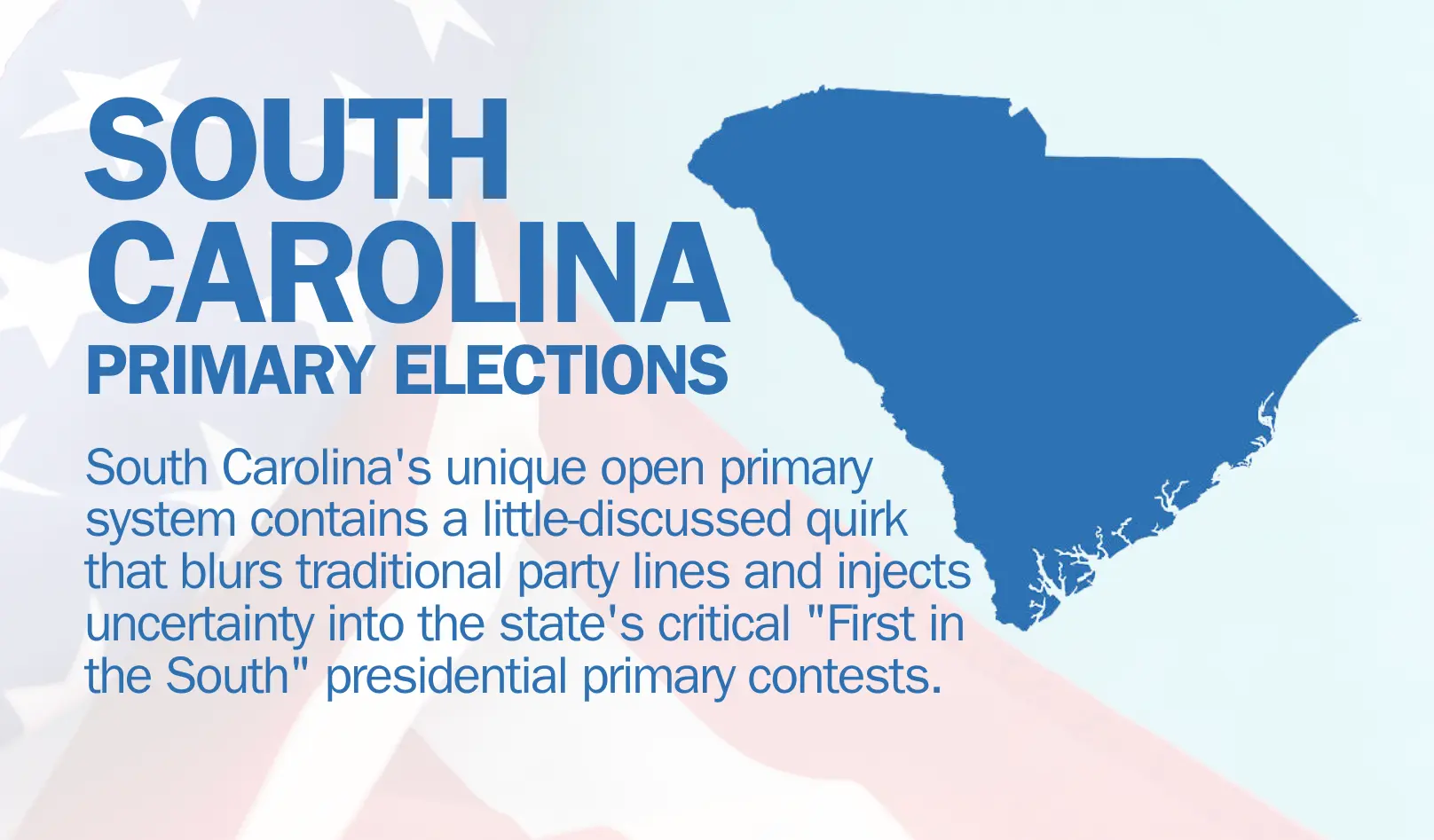
Columbia, SC (February 20, 2024) – South Carolina’s unique open primary system contains a little-discussed quirk that blurs traditional party lines and injects uncertainty into the state’s critical “First in the South” presidential primary contests. This loophole, known as “crossover voting,” allows voters who did not participate in one party’s nominating contest to vote in the other party’s primary. With the 2024 race heating up, this wrinkle has created a fierce debate around the ethics and political impact of voters crossing over party boundaries.
Nearly Overlooked Loophole Allows Voters to Cross Party Boundaries
Under existing South Carolina law, voters can pick either the Democratic or Republican primary to vote in – but they can only vote in one. However, unless voters also voted in the Democratic primary on February 3rd, they remain eligible to vote in the Republican contest on February 24th. This has led progressive groups like Stand for America and Primary Pivot to actively encourage Democrats and left-leaning independents to temporarily register as Republicans to vote against Donald Trump.
Their strategic aim is to boost the moderate candidacy of former South Carolina Governor Nikki Haley. Haley has welcomed the support, saying “If we get Republicans that’s what I’m shooting for. I welcome that. If we get independents, I welcome that if we get Reagan-Democrats that want to come in, I’m gonna take it.” The Haley campaign hopes an infusion of non-Republican votes could make the race more competitive, despite Trump’s commanding lead in recent South Carolina polls.
Parties Cry Foul But Crossover Voting Charges Ahead
Both major political parties have pushed back strongly against the practice of crossover voting. State Republicans called recent get-out-the-vote campaigns targeting Democrats “outrageous,” asserting it could “tarnish” South Carolina’s reputation as a predictor of presidential nominees. State Democrats also reminded party members that those voting in the GOP primary will be barred from participating in upcoming Democratic County conventions.
Despite the controversy, efforts to mobilize an anti-Trump crossover vote are plowing ahead at full steam. Groups backing Haley are blanketing South Carolina airwaves and roadways urging “any registered voter” to cast a Republican ballot “to make the choices” and “end the chaos.” Their impact remains uncertain, but in an already mercurial race, the participation of unlikely voters could shift the outcome.
With Haley and Trump campaigning vigorously across the state, the parties are sparring vigorously over the future of South Carolina’s open primaries. But one thing is clear – almost no vote is beyond reach of either party this February. The only certain winner is democratic participation itself.
